
Guide to Lead Generation Compliance for Sellers & Buyers
Are you a lead generator or buyer in the calling industry? Learn what rules you need to comply with to avoid costly penalties, like the TCPA and TSR.
Explore dozens of free resources to help you stay compliant, build trust with customers, and protect your business from costly mistakes.

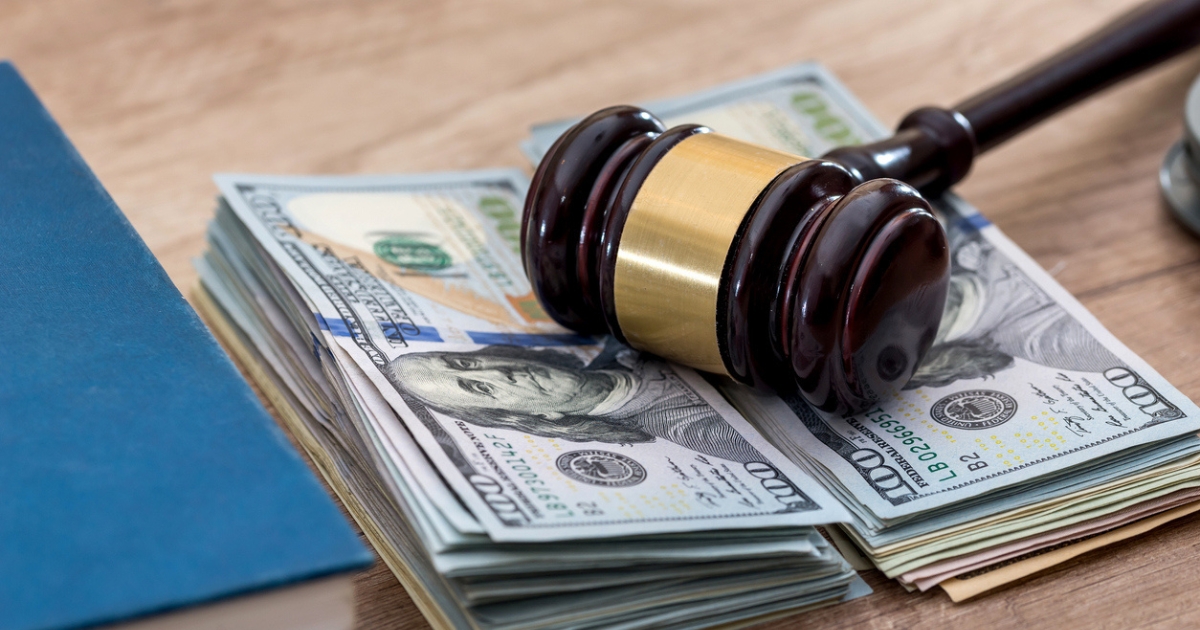

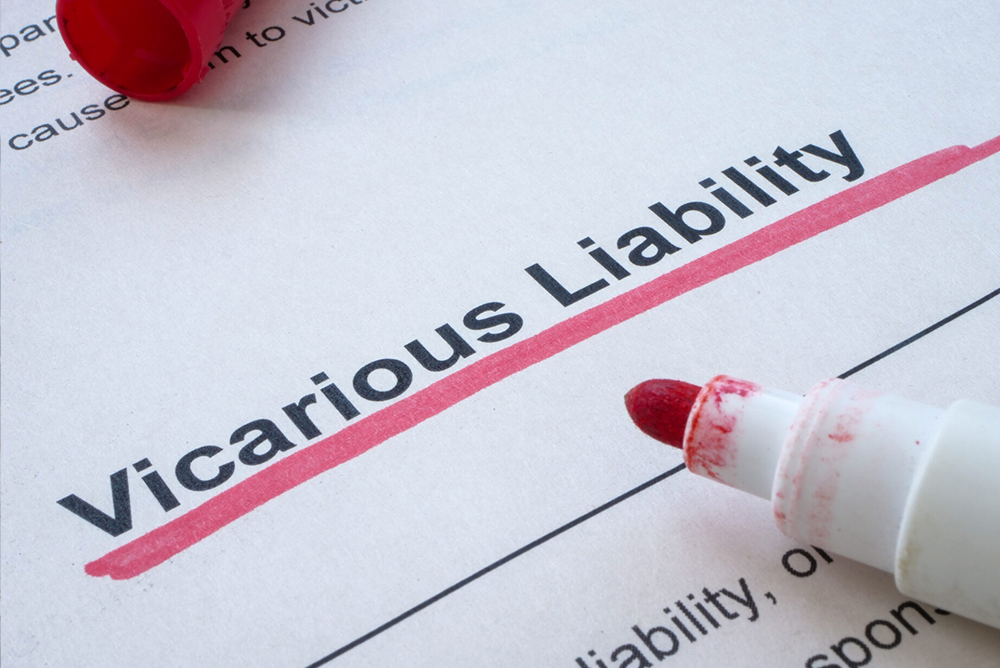
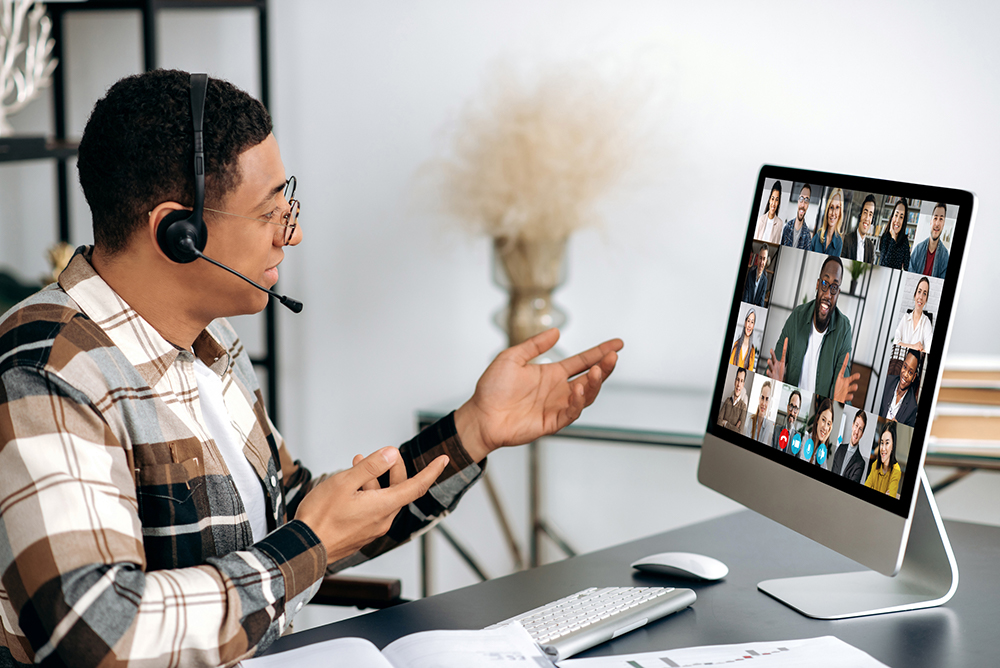
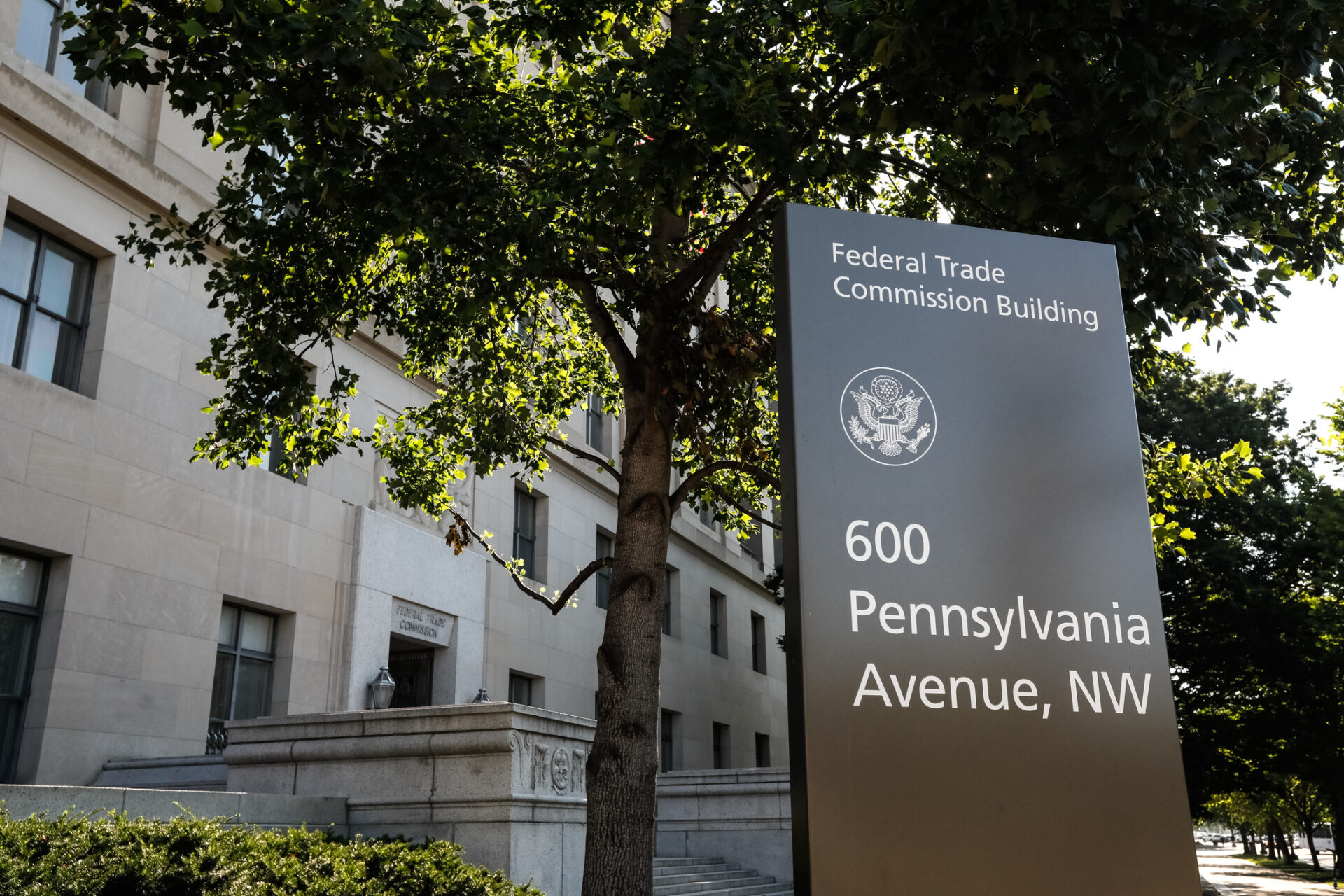

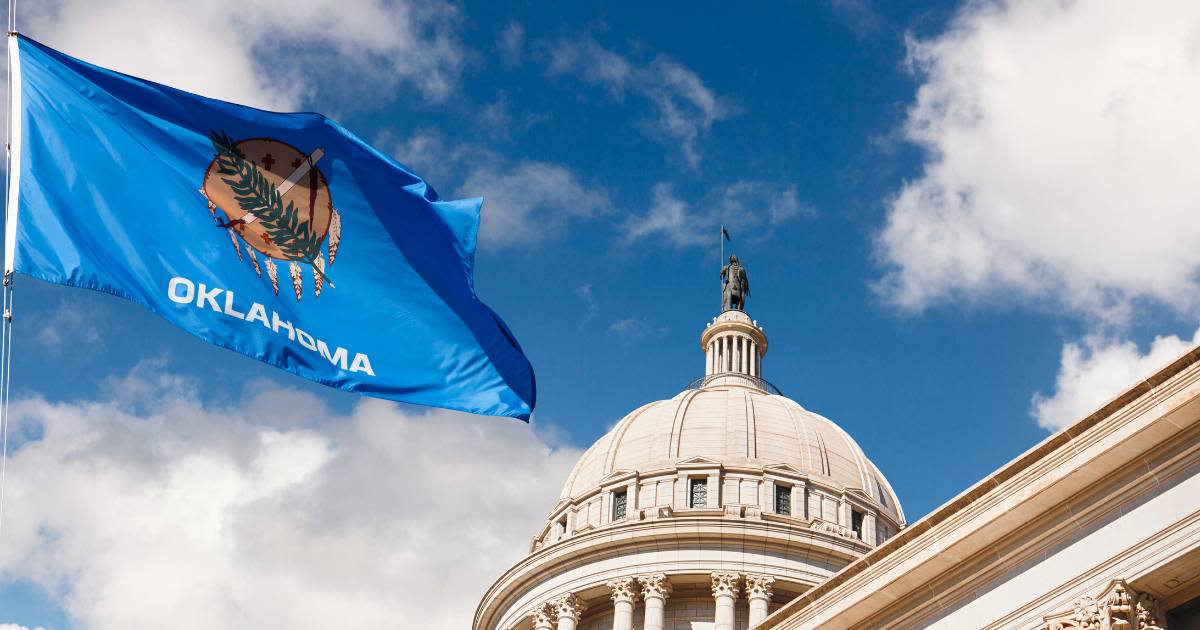

Readymode’s founder and CEO, Jason Jantz, is a proud member of R.E.A.C.H (Responsible Enterprises Against Consumer Harassment). This organization is dedicated to stopping unwanted robocalls and gaining consumer trust through proper lead generation practices.
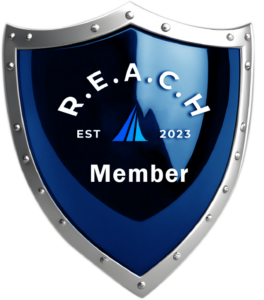
Within the context of outbound calling, compliance means following the laws and regulations that determine how businesses are allowed to interact with consumers when making sales, marketing or other types of calls.
Compliance is crucial because it helps your business avoid hefty fines, prevent legal action, and most importantly, protect consumer rights. Staying compliant also helps your business run smoothly by building trust with customers and keeping your reputation intact.
The National Do Not Call (DNC) Registry is a list of phone numbers of people who have requested not to receive unsolicited sales or marketing calls. This list is managed by the Federal Trade Commission (FTC) in the United States.
It’s a legal requirement for businesses to check this list regularly and avoid calling any numbers registered on it, unless they have the individual’s express consent or an established business relationship.
Businesses must also maintain an internal DNC list for people who have directly requested to stop receiving calls.
The Telephone Consumer Protection Act (TCPA) is a federal law in the United States that regulates telemarketing calls, robocalls, text messages, and the use of auto dialers.
It requires businesses to obtain express consent from individuals before making sales or marketing calls and gives consumers the right to opt out of future communications through the National DNC Registry.
The TCPA also sets restrictions on when and how businesses can call consumers, such as limiting calls to certain hours.
STIR/SHAKEN is a system that helps prevent spoofed caller IDs. It verifies that the phone number you’re using is real and hasn’t been changed in a misleading way (e.g., made to look like a different person or business is calling).
Each call is given an attestation rating, which tells carriers how confident they are that your number is actually yours. If your calls have a higher attestation rating (A or Full Attestation), they are less likely to be blocked or flagged as spam.
Penalties for non-compliance can be severe. Violating regulations like the TCPA can result in fines ranging from $500 to $1,500 per violation, which can add up quickly for high-volume call centers.
Businesses may also face lawsuits, class actions, and reputational damage if they fail to follow compliance regulations. Staying informed is essential to protect your business from legal and financial risks.
Readymode’s outbound customer engagement platform helps businesses incorporate compliance into their workflow. Explore built-in features like state calling restrictions, DNC list management, custom call cadences and more.